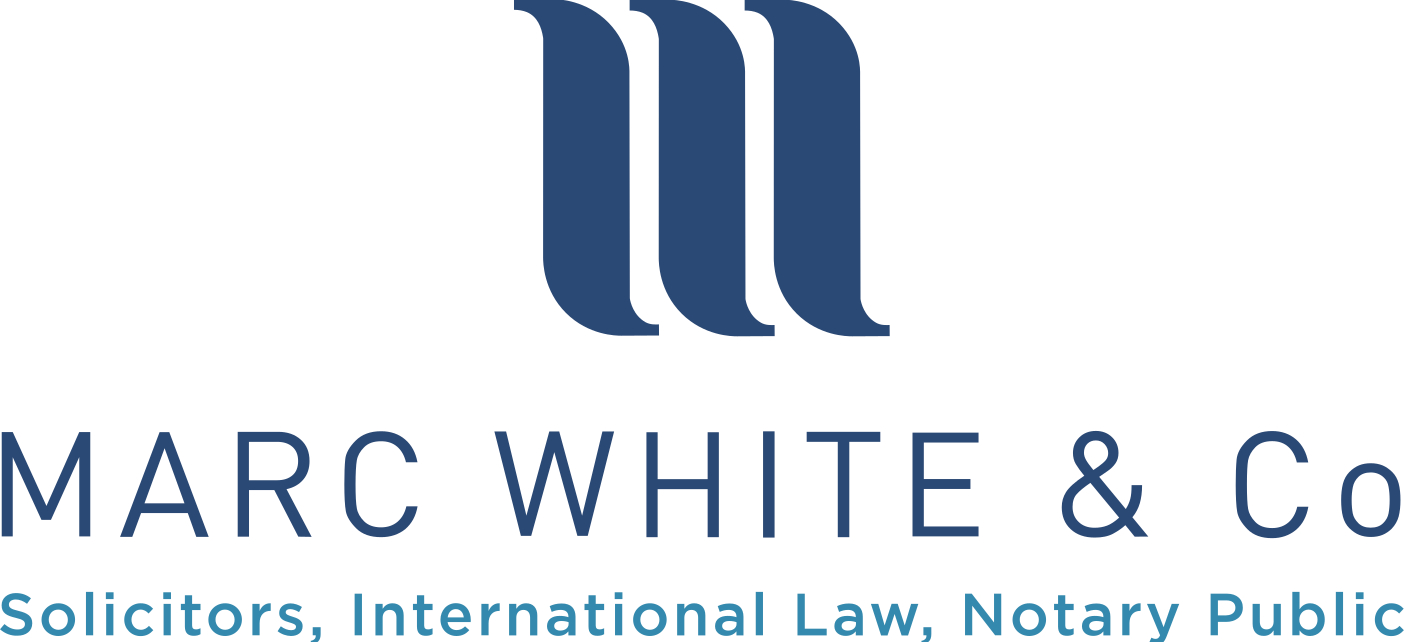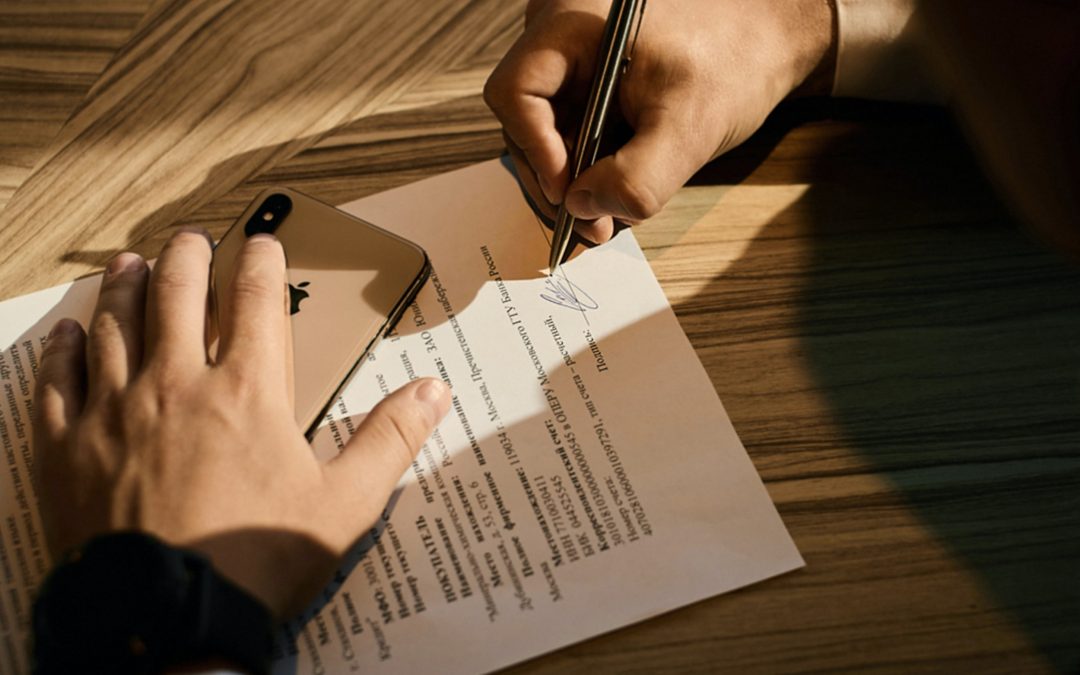When do you need an Apostille?
In order for a document from one country to be recognised by law in another country, it must be legalised in some way. Legalisation is an administrative act through which a foreign public document is validated, verifying the authenticity of the signature on a document and the capacity in which the document’s signatory has acted. It does not certify the content of the document. The Apostille is one way to legalise a document.
An Apostille is issued to authenticate documents for use in countries that are party to the 1961 Hague Convention Abolishing the Requirement for Legalisation for Foreign Public Documents (the Hague Convention). It is a legal certification or stamp that makes a document from one country valid in another (provided that both are signatories to the Hague Convention).
The UK Apostille stamp affirms that the signature or seal on a document issued in the UK is genuine. The UK Apostille is only a confirmation of the genuineness of the signature or seal on the document, not the content of the document itself.
When can you use an electronic Apostille in the UK?
There are two types of Apostille. They can either be: (i) paper-based or (ii) electronic – known as an e-Apostille. The introduction of the latter has been discussed for many years in the UK. Finally, in September 2022 the UK Foreign, Commonwealth & Development Office (FCDO) approved the use of e-Apostilles in the UK.
Since the UK e-Apostille came into force, its use has been limited. The paper-based Apostille certificate continues to be issued for most documents. The only documents that can have the e-Apostille are those that are digitally signed by a solicitor or a notary. That solicitor or notary must have provided his digital signature to the FCDO in advance.
The UK Government has advised that the UK e-Apostille cannot be issued for the following documents:
- Birth, death, marriage, civil partnership and adoption certificates, or any other document from the General Register Office.
- ACRO police certificates for England and Wales.
- Disclosure Barring Service (DBS) certificates for England and Wales.
- Disclosure certificates for Scotland and Northern Ireland.
- Fingerprint certificates.
- Membership certificates for the Association of Chartered Certified Accountants (ACCA).
Which other countries use the e-Apostille?
In Latvia, Colombia, Armenia and Belgium, public documents are authenticated exclusively by the e-Apostille.
The Spanish e-Apostille come into force in 2011.
Russia prepared a draft decision for the e-Apostille procedure in 2020. However, this procedure has not yet entered into force.
Germany has not yet introduced the e-Apostille and does not accept any documents legalised by e-Apostille.
Legalisation of UK documents with the e-Apostille – Will they be accepted in Spain?
The short answer is ‘yes, probably’ – UK documents with the e-Apostille will usually be accepted in Spain.
The e-Apostille has been recognised by the Spanish authorities but that doesn’t mean that every court, or notary in Spain is willing to accept the new electronic format of Apostille. It’s always advisable to check with the particular court or notary in Spain before you commit to sending e-Apostilled documents.
The requirements for legalisation can vary depending on which countries where the document is to be submitted.
Please contact us if you need to authenticate your UK document to be used abroad, have it verified by the UK FCDO or have it legalised by a consular of embassy department.
The information provided in this article is not intended to be legal advice, but merely conveys general information related to legal issues.


